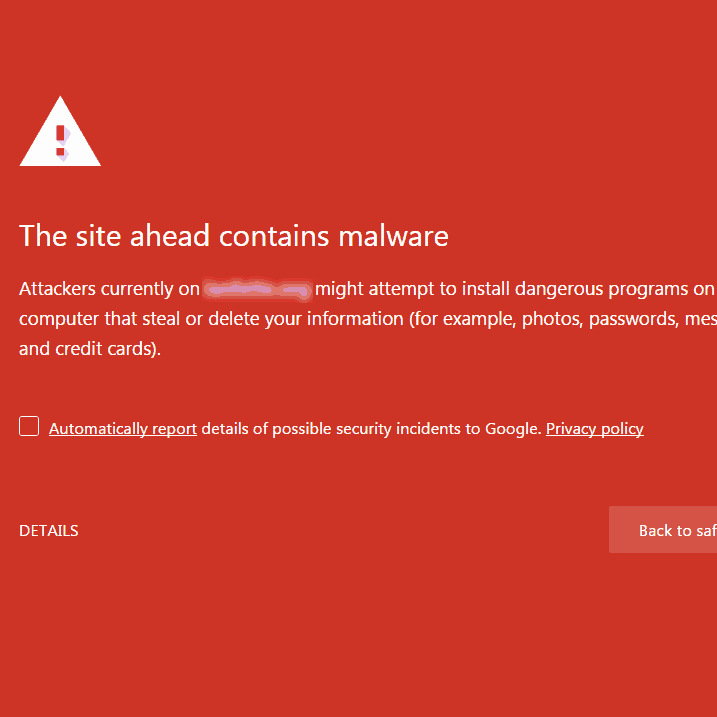Cybersecurity is critical for websites, as they can be vulnerable to various attacks, such as hacking, malware injection, and DDoS attacks. Here are some essential cybersecurity support services for websites:
- Regular vulnerability assessments: Regular vulnerability assessments help identify potential security risks in the website’s code, infrastructure, and network. It is essential to conduct these assessments regularly and address the vulnerabilities as soon as possible.
- SSL/TLS Certificates: SSL/TLS Certificates are used to encrypt the connection between the user’s browser and the website’s server. It is essential to install SSL/TLS certificates to ensure that sensitive information, such as login credentials and credit card details, are not intercepted by attackers.
- Website firewalls: Website firewalls protect websites from malicious traffic, such as SQL injections, cross-site scripting (XSS) attacks, and other forms of cyber-attacks. Firewalls should be implemented and configured properly to prevent unauthorized access and attacks.
- Security monitoring and alerting: Real-time security monitoring of the website’s logs and network traffic helps identify suspicious activities and attacks. Website owners should set up alerts to notify them of any unusual activity, allowing them to respond quickly and take appropriate action.
- Regular updates and patches: Websites should be updated regularly, including software patches and security updates. Outdated software and plugins can expose the website to known vulnerabilities.
- Strong password policies: Strong password policies should be implemented to ensure that website administrators, content creators, and users create and use strong passwords.
- Backup and disaster recovery: It is essential to have a reliable backup and disaster recovery plan in place to protect against data loss, corruption, and website downtime.
By implementing these cybersecurity support services, website owners can protect their websites from potential cyber threats and keep their users’ data and sensitive information secure.



